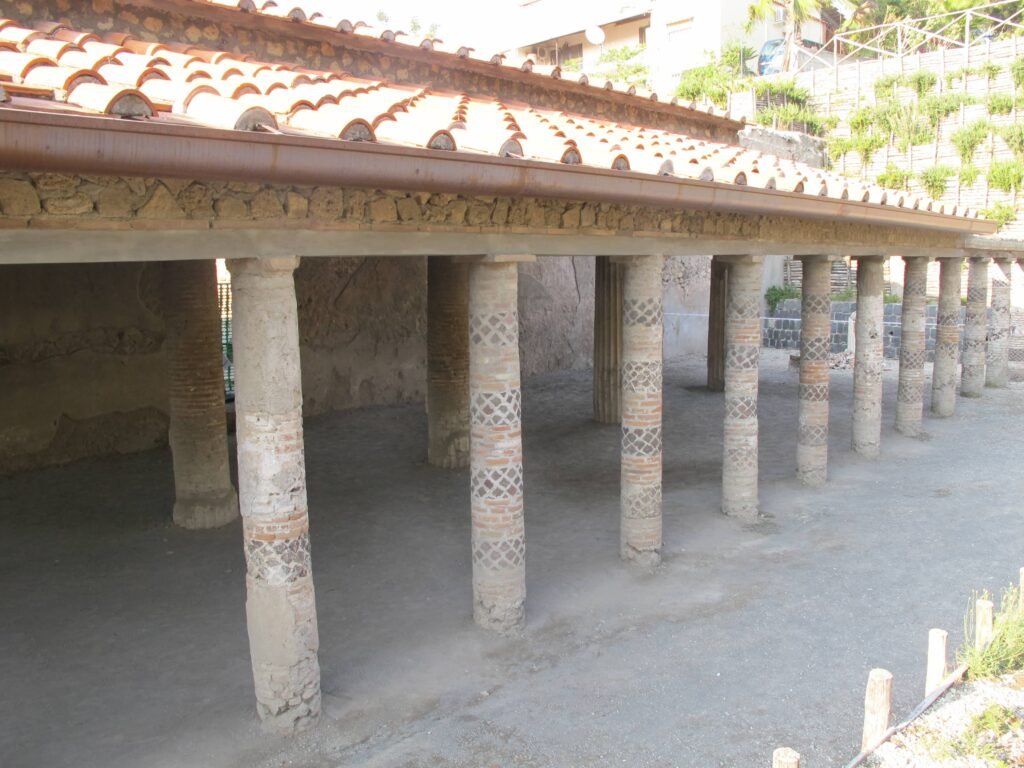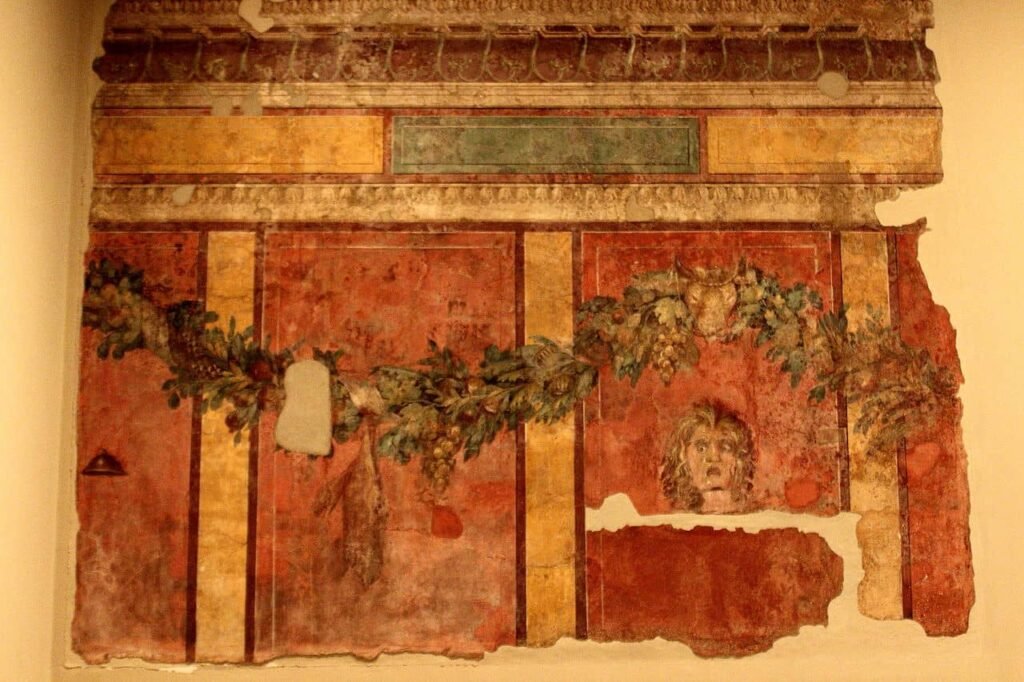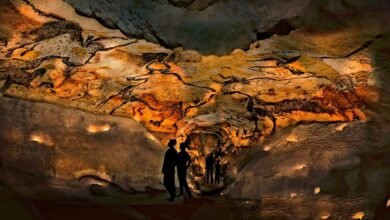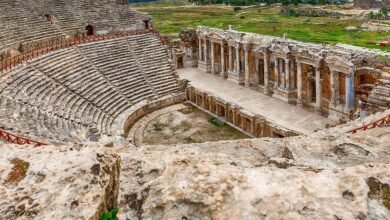The enigmatic “Villa of the Mysteries” remains one of the most intriguing archaeological treasures from the ancient city of Pompeii. But what secrets do its ancient walls hold? Let’s journey through time and unravel the enigmas hidden within the Villa.
Historical Context
-
Discovery and Excavation
In the 19th century, when there were a lot of digs in Pompeii, the Villa of the Mysteries was found. It was found mostly whole because it was sowed under a layer of ash from Mount Vesuvius’s terrible explosion in 79 AD. Isn’t it fascinating how a destructive event can paradoxically become a preserver of history?
-
Role of the Villa in Pompeii
The Villa is believed to have been a suburban estate, a retreat for the affluent citizens of Pompeii. It’s not just a house; it’s a statement of wealth and culture. It was likely a place for social gatherings, religious rites, and enjoying the tranquil countryside.
Architectural Majesty
-
Layout and Design
The design of the Villa of the Mysteries is a perfect representation of the opulence and grandeur of Roman architecture. It’s not just walls and floors; it’s a monument to Roman tastes and engineering. It comprises multiple rooms, a central peristyle, a kitchen, servant’s quarters, and perhaps most notably, a grand triclinium or dining room decorated with remarkable frescoes.
-
The Artistic Frescoes
Speaking of frescoes, have you ever wondered what they could tell us about the Roman world? They’re not just pretty paintings but vibrant narratives of a long past. The Villa’s frescoes are arguably its most captivating feature, illustrating scenes of myth and mystery.
The Intriguing Mysteries of the Villa
-
The Mysterious Frescoes
The murals in the dining room of the Villa have puzzled historians and archaeologists alike. People have theorized that the drawings portray a young woman who has been initiated into the religion of Dionysus, the god of wine. Isn’t it fascinating how art can teach us about people and their culture that existed long ago?
-
Interpretations and Theories
While the Dionysian interpretation is widely accepted, other theories suggest the frescoes may depict a marriage ceremony or a myth unknown to us. Can you imagine how many secrets might still be hidden within these ancient walls?
Preservation and Tourism
-
Preservation Efforts
Preserving the Villa of Mysteries has been a priority for archaeologists and conservators. The paintings, architecture, and artefacts are preserved meticulously to ensure future generations can appreciate this marvel of ancient history. Isn’t it heartening to see the respect we hold for our past?
-
Visiting the Villa Today
Visiting the Villa of the Mysteries today is like stepping back in time. It provides an immersive experience that takes you through ancient Roman life. Isn’t it wonderful how history can come alive right before our eyes?
Conclusion
From its discovery to its preservation, the Villa of the Mysteries continues to captivate and intrigue. As we peel back the layers of history, we’re not just looking at old stones and paints but unravelling the threads of our human story.
FAQs for Villa of the Mysteries
What are the frescoes in the Villa of the Mysteries about?
The frescoes are believed to depict a ritual associated with the cult of Dionysus, though other interpretations exist.
When was the Villa of the Mysteries discovered?
The Villa of the Mysteries was discovered during the excavations of Pompeii in the 19th century.
Can I visit the Villa of the Mysteries today?
Yes, the Villa of the Mysteries is open to the public as part of the archaeological site of Pompeii.
How has the Villa of the Mysteries been preserved?
Conservation efforts include regular maintenance, restoration work, and careful monitoring to prevent deterioration.
Rate the article ( Villa of the Mysteries: Wonders of the Ancient World )How was our article?
0








